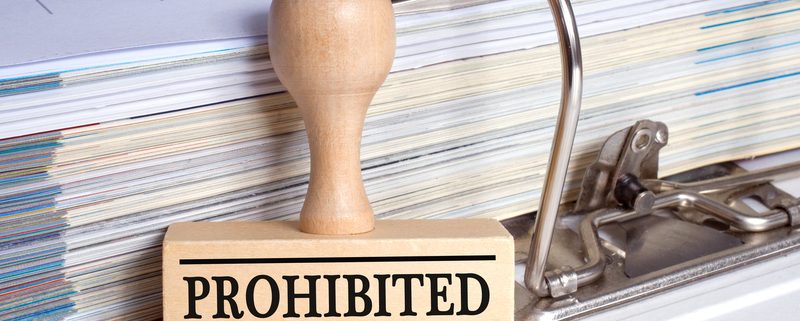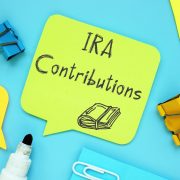Don’t Make These Prohibited Transaction Mistakes in a Self-Directed IRA
A Self-Directed IRA comes with a lot of opportunities. But with those opportunities comes a lot of responsibility to make sure you don’t run afoul of the rules. Don’t make the mistake of engaging in a prohibited transaction in your Self-Directed IRA. These types of transactions are not only against the rules but can also lead to heavy penalties and taxes. Be sure to consult with a certified financial planner or tax advisor to ensure compliance with the regulations set out by the IRS. And avoid the following mistakes:
Mistake #1: Using an IRA to Buy Property for Personal Use
Self-Directed IRAs are powerful instruments that can help you grow your retirement savings, but it is important to remember not to use these funds for personal purchases. Self-Directed IRAs specifically prohibit any purchase of property intended for personal use, such as a primary residence, vacation home, or land that you intend to build on. These transactions could lead to stiff penalties from the IRS. Investing in Self-Directed IRAs is a great tool for diversifying your retirement portfolio and building wealth for your future, but make sure you understand what type of investments actually qualify.
Mistake #2: Using Your IRA to Lend Money or Extend Credit to a Disqualified Person
As an investor, it is important to be aware of prohibited transactions that may occur when investing in a Self-Directed IRA. Specifically, do not extend credit to a disqualified person. This includes some family members, business associates, and even yourself. Not only is it against the rules, but it can lead to hefty fines and the disqualification of your account, causing you to owe unexpected taxes. It’s best to consult with a tax or legal professional if you’re uncertain about any transactions you want to complete using your IRA funds.
Mistake #3: Investing in Collectibles with a Self-Directed IRA
When it comes to Self-Directed IRA investing, it’s vital to remember that collectibles, such as art, antiques, stamps, coins, and other similar items are not permitted. Those who wish to enjoy the tax and other benefits of a Self-Directed IRA must make sure that this rule is clear when investing. Not only does disallowing investment in collectibles help ensure a more secure retirement fund for individuals but failure to adhere to these rules may also result in facing hefty penalties in the form of taxes or fees. It is important for Self-Directed IRA investors to be mindful of the different regulations surrounding their plans and the kinds of investments they make so they can have a successful retirement.
Mistake #4: Transacting with a Disqualified Person
When investing via a Self-Directed IRA, it is important to be incredibly mindful of who you transact with as a disqualified person. If an account holder does business with someone who has been deemed disqualified by the IRS, there can be grave consequences, including hefty financial penalties, and in some cases, taxes owed on the entire balance of the account. Make sure to exercise caution when making investment decisions and research any individuals that you may choose to transact with to ensure they meet the qualifications outlined by the IRS. Doing so can help to protect your investment portfolio and keep your retirement savings safe.
Want to know more about the limits of Self-Directed IRAs—as well as the freedoms involved? It’s time to reach out and find out what you can about Self-Directed IRA investing to see if this style of investing is a fit for you.
Interested in learning more about Self-Directed IRAs? Contact American IRA, LLC at 866-7500-IRA (472) for a free consultation. Download our free guides or visit us online at www.AmericanIRA.com.






